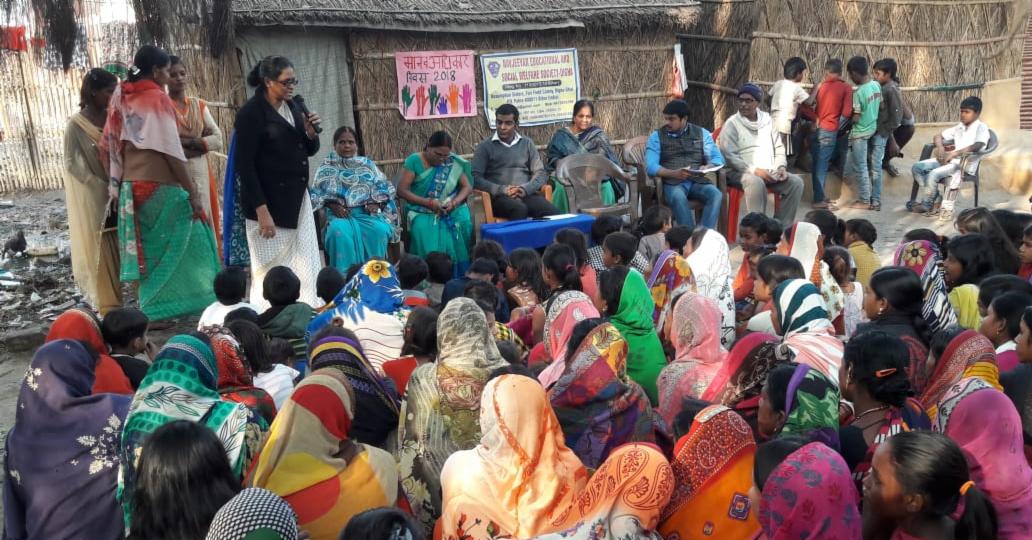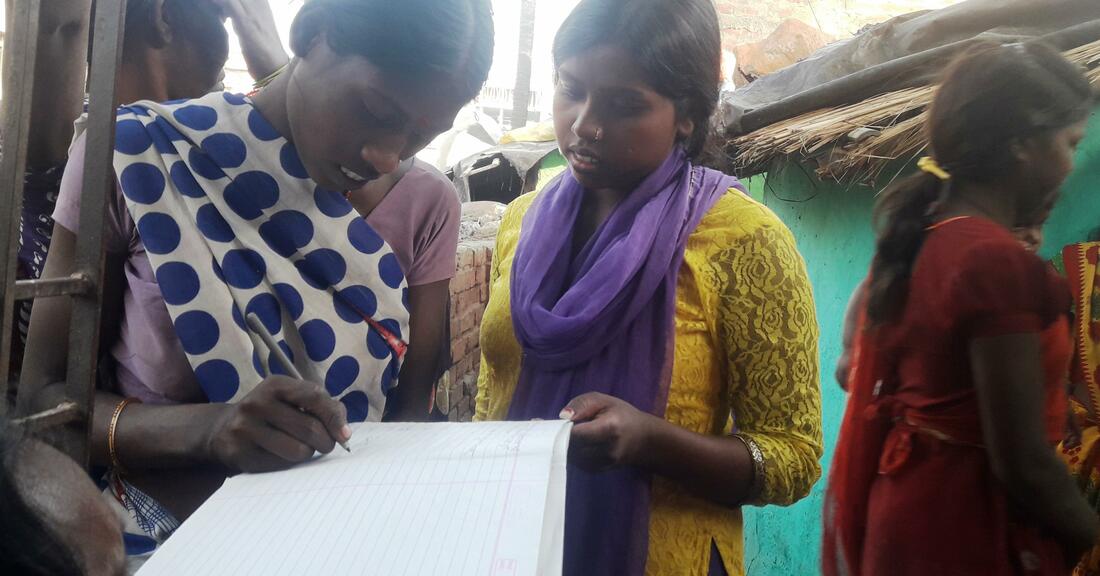|
Yesterday, voting kicked off for the world’s largest election, with Indians in 20 states casting their votes in the first of seven phases, leading up to counting on the 23rd May. With 900 million eligible voters, this is the largest election ever seen, but an illegal yet culturally pervasive caste system is stunting the course to genuine democracy. Children on the Edge supports two active and engaged local partners in Patna, Bihar State. These organisations work to break the cycle of discrimination against the Dalit caste through education and community activism.
The caste system assigns individuals a certain hierarchical status according to Hindu beliefs. Traditionally there are four principal castes (divided into thousands of sub-categories) and a fifth category of people who fall outside of the caste system; the Dalits. Veena Jacob who leads local organisation Navjeevan says “In the Bihar elections yesterday only 41% of voters turned out. Many Dalits were stopped from voting, even though the Dalit cause is not really a concern for any of the candidates. There was firing in Nawada constituency as people came to vote without ID cards. This firing was done by criminals, not by the police”. Many Dalit people have no way of getting ID cards because of a lack of literacy or access to computers. The work we support here creates opportunities through local women’s groups where Dalit women can learn about their rights and legal entitlements and how to access them, from filling out forms and signing their names to protesting about the bad treatment of their children and learning how to start a small business. A new Computer Centre provides IT access and training. Veena describes how “The situation is very intense during this period of election, which is taking place in stages. The people we work with are so poor they can easily be paid to vote a certain way and are very frightened not to follow through with it once they have taken money out of desperation”. The Indian Constitution includes specific protections for Dalits, who are at the bottom of the social hierarchy and make up about 15 to 20 percent of the population, but as the election unfolds it remains to be seen whether they have any genuine opportunity to have a voice within the world’s largest democracy. Support usComments are closed.
|
RECEIVE OUR EMAILSBlog Categories
All
Archives
July 2024
|
|
JOIN US ON SOCIAL MEDIA
|
Annual Report | Contact Us | Jobs | Media Centre | Resources | Shop
Accessibility & Policies: Accessibility | Equity, Diversity & Inclusion Policy | Complaints| Privacy Policy | Safeguarding
Accessibility & Policies: Accessibility | Equity, Diversity & Inclusion Policy | Complaints| Privacy Policy | Safeguarding
Children on the Edge, 5 The Victoria, 25 St Pancras, Chichester, West Sussex, PO19 7LT, UK | 01243 538530 | [email protected]




 Give monthly
Give monthly Fundraise for us
Fundraise for us RSS Feed
RSS Feed
